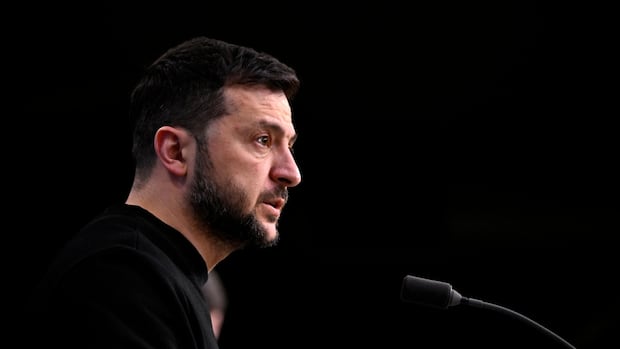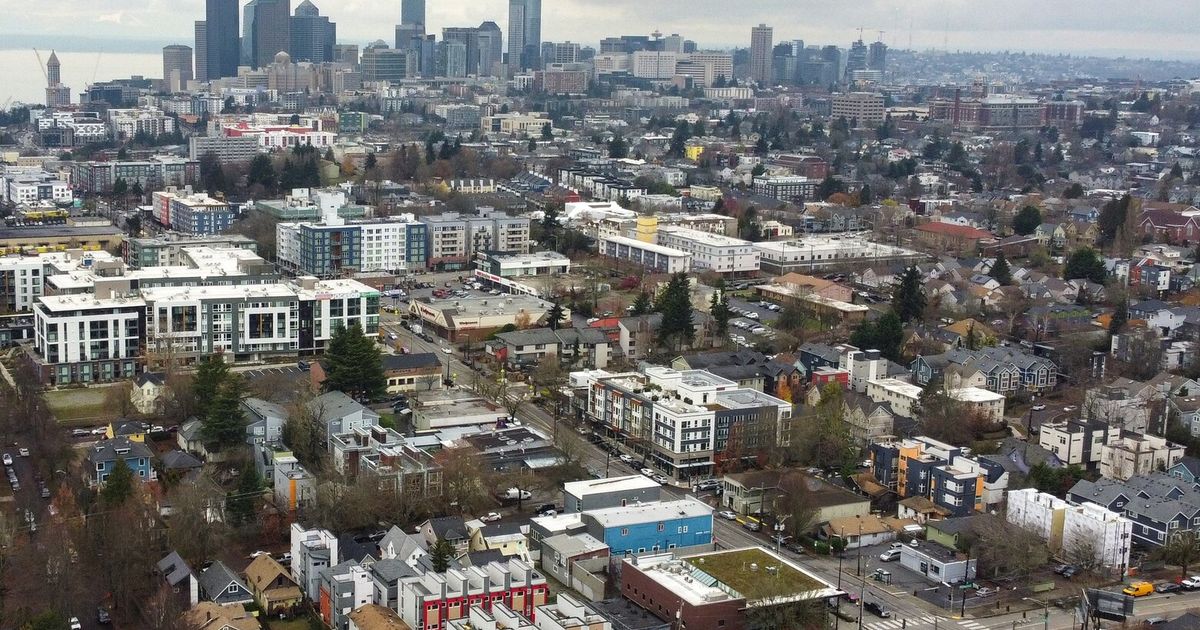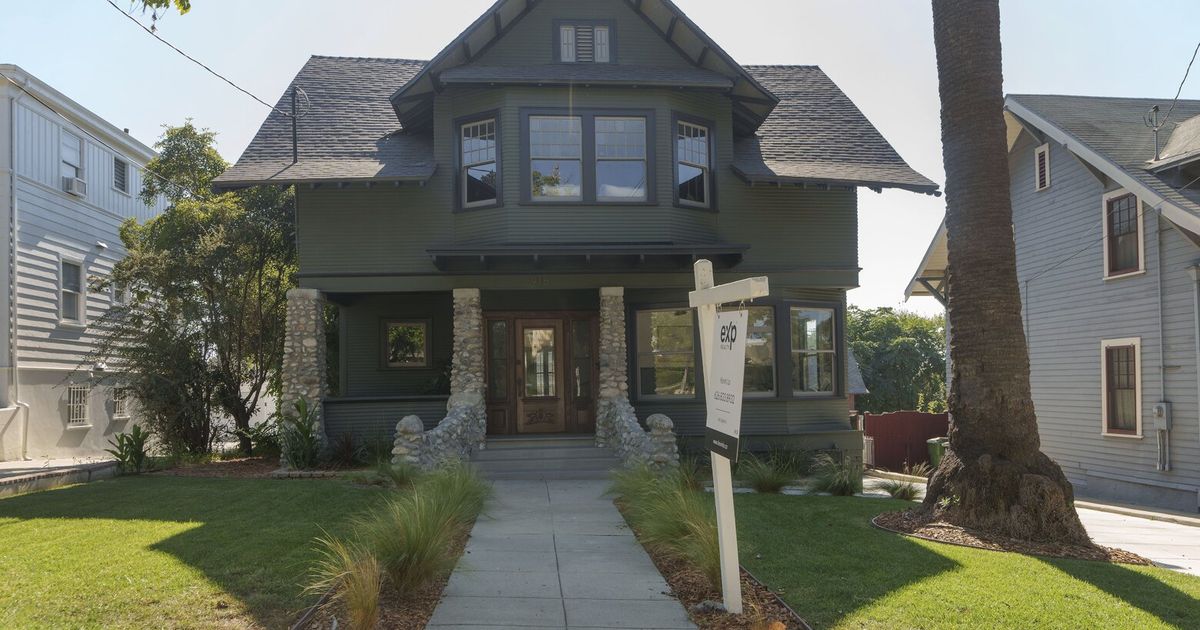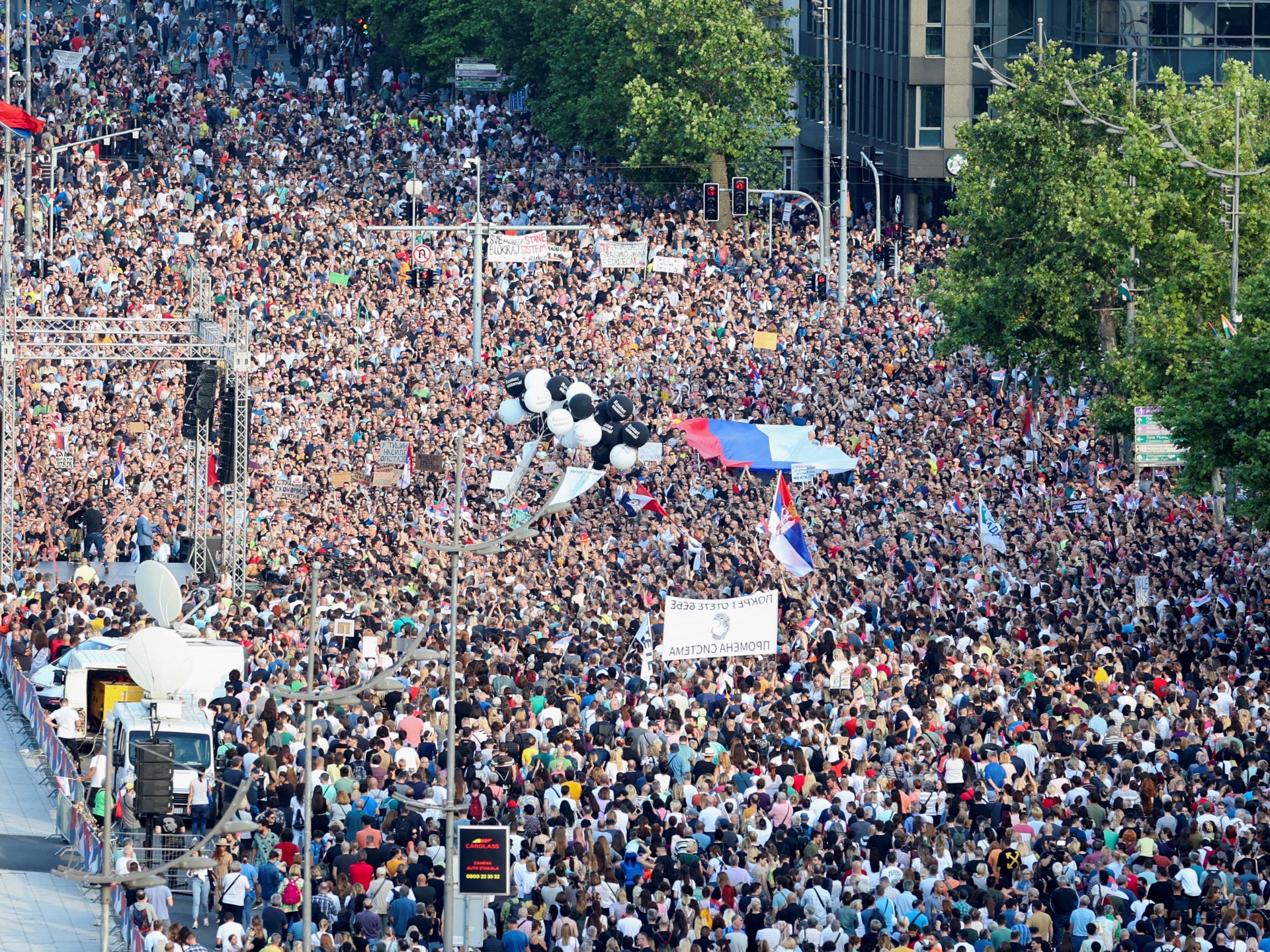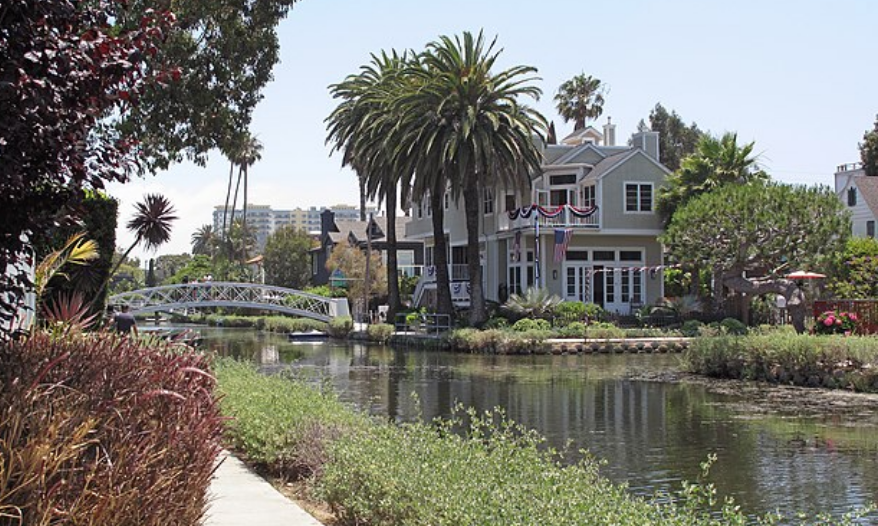DEIR AL-BALAH, Gaza Strip — The tense cease-fire between Israel and Hamas appeared to be back on track early Sunday after the release of a second group of militant-held hostages and Palestinians from Israeli prisons, but the swap followed an hourslong delay that underscored the truce’s fragility.
In a separate development, Hamas announced Sunday that one of its top commanders had been killed, without saying when or how.
The exchange was delayed Saturday evening after Hamas accused Israel of violating the agreement, which has brought the first significant pause in seven weeks of war marked by the deadliest Israeli-Palestinian violence in decades, vast destruction and displacement across the Gaza Strip, and a hostage crisis that has shaken Israel.
Qatar and Egypt, which mediate with Hamas, announced late Saturday that the obstacles to the exchange had been overcome. The militants released 17 hostages, including 13 Israelis, while Israel freed 39 Palestinian prisoners.
Thousands of people gathered in central Tel Aviv late Saturday to call for the release of all the estimated 240 people captured by Hamas in its Oct. 7 rampage across southern Israel, which ignited the war. They accused Prime Minister Benjamin Netanyahu of not doing enough to bring them back.
Pressure from the hostages’ families has sharpened the dilemma facing the country’s leaders, who seek to eliminate Hamas as a military and governing power while returning all the captives.
The war has already claimed the lives of more than 1,200 Israelis, mostly civilians killed by Hamas in the initial attack. More than 13,300 Palestinians have been killed, roughly two thirds of them women and minors, according to the Health Ministry in Hamas-ruled Gaza.
The four-day cease-fire, which began Friday, was brokered by Qatar, Egypt and the United States. Hamas is to release at least 50 Israeli hostages, and Israel 150 Palestinian prisoners. All are women and minors.
Israel has said the truce can be extended by an extra day for every additional 10 hostages freed, but has vowed to quickly resume its offensive once it ends. Israel said early Sunday that it had received a new list of hostages slated to be released later in the day, in the third of four scheduled swaps.
Hamas announced the death of Ahmed al-Ghandour, without providing further details. He was in charge of northern Gaza and a member of Hamas’ top military council, and is the highest-ranking militant known to have been killed in the fighting.
Al-Ghandour, believed to have been around 56 years old, had survived at least three Israeli attempts on his life, and helped plan a cross-border attack in 2006 in which Palestinian militants captured an Israeli soldier, according to the Counter Extremism Project, an advocacy group based in Washington.
Hamas said he was killed along with three other senior militants, including Ayman Siam, who Israel says was in charge of Hamas’ rocket-firing unit. The Israeli military had mentioned both men in a Nov. 16 statement, saying it had targeted an underground complex where Hamas leaders were hiding and accusing the group of concealing their deaths.
The Israeli military claims to have killed thousands of militants, without providing evidence, including several mid-ranking commanders it has identified by name.
The pause has given some respite to Gaza’s 2.3 million people, still reeling from relentless Israeli bombardment that has driven three-quarters of the population from their homes and leveled residential areas. Rocket fire from Gaza militants into Israel also went silent.
War-weary Palestinians in northern Gaza, where the offensive has focused, returned to the streets to survey the damage Entire city blocks in and around Gaza City have been gutted by airstrikes that hollowed out buildings and left drifts of rubble in the street.
In southern Gaza, where hundreds of thousands of people from the north have sought refuge, residents lined up outside gas stations for a second day, hoping to stock up on fuel. Palestinians who have tried to return to the north to see if their homes are still intact have been turned back by Israeli troops.
“Many are desperate to return to their homes, but they open fire on anyone approaching from the south,” said Rami Hazarein, who fled from Gaza City last month.
The United Nations said the truce has made it possible to scale up the delivery of food, water, and medicine to the largest volume since the start of the war. It was also able to fuel for the first time since the war began, and to reach areas in the north for the first time in a month.
Shortly before midnight, Hamas released the second group of hostages, 13 Israelis and four Thais. They were turned over to Egypt and then transferred to Israel, where they were taken to hospitals.
Hamas released a video showing the hostages appearing shaken but mostly in good physical condition as masked militants led them to Red Cross vehicles. Some of the hostages waved goodbye to the militants. One girl was on crutches and wore a cast on her left foot.
The Israeli hostages freed on Saturday included seven children and six women, Netanyahu’s office announced. Most were from Kibbutz Be’eri, a community Hamas militants ravaged during their Oct. 7 cross-border attack. The children ranged in age from 3 to 16, and the women ranged from 18 to 67.
All the released hostages either had a family member killed in the Oct. 7 rampage or a loved one still in captivity in Gaza, a kibbutz spokesperson said.
Many Palestinians view prisoners held by Israel, including those implicated in deadly attacks, as heroes resisting occupation, and many of those who were released received a hero’s welcome.
In the West Bank town of Al-Bireh, newly released teenage boys were paraded through the main square where they waved Palestinian flags as well as green banners of Hamas and yellow banners of the rival Fatah party of President Mahmoud Abbas.
The war in Gaza has been accompanied by a surge in violence in the Israeli-occupied West Bank. Palestinian health authorities said early Sunday that five Palestinians were killed in an Israeli military raid in the northern West Bank city of Jenin that began the day before.
The military said it had arrested a suspect in the killing of an Israeli father and son at a car wash in the West Bank earlier this year. The army has conducted frequent military raids and arrested hundreds of Palestinians since the start of the war, mostly people it suspects of being Hamas members.
___
Magdy reported from Cairo. Associated Press writers Isabel DeBre in Jerusalem and Tia Goldenberg in Tel Aviv, Israel contributed to this report.
___
Full AP coverage at https://apnews.com/hub/israel-hamas-war.


